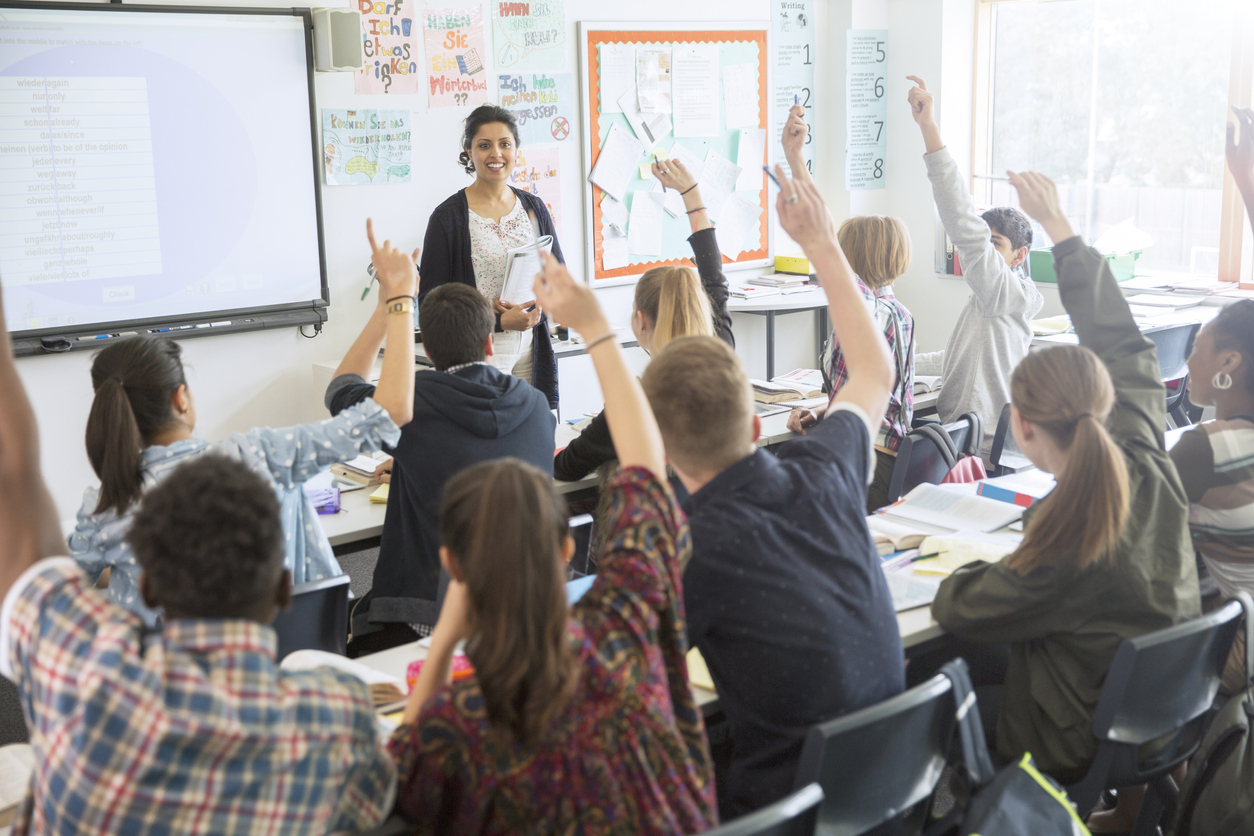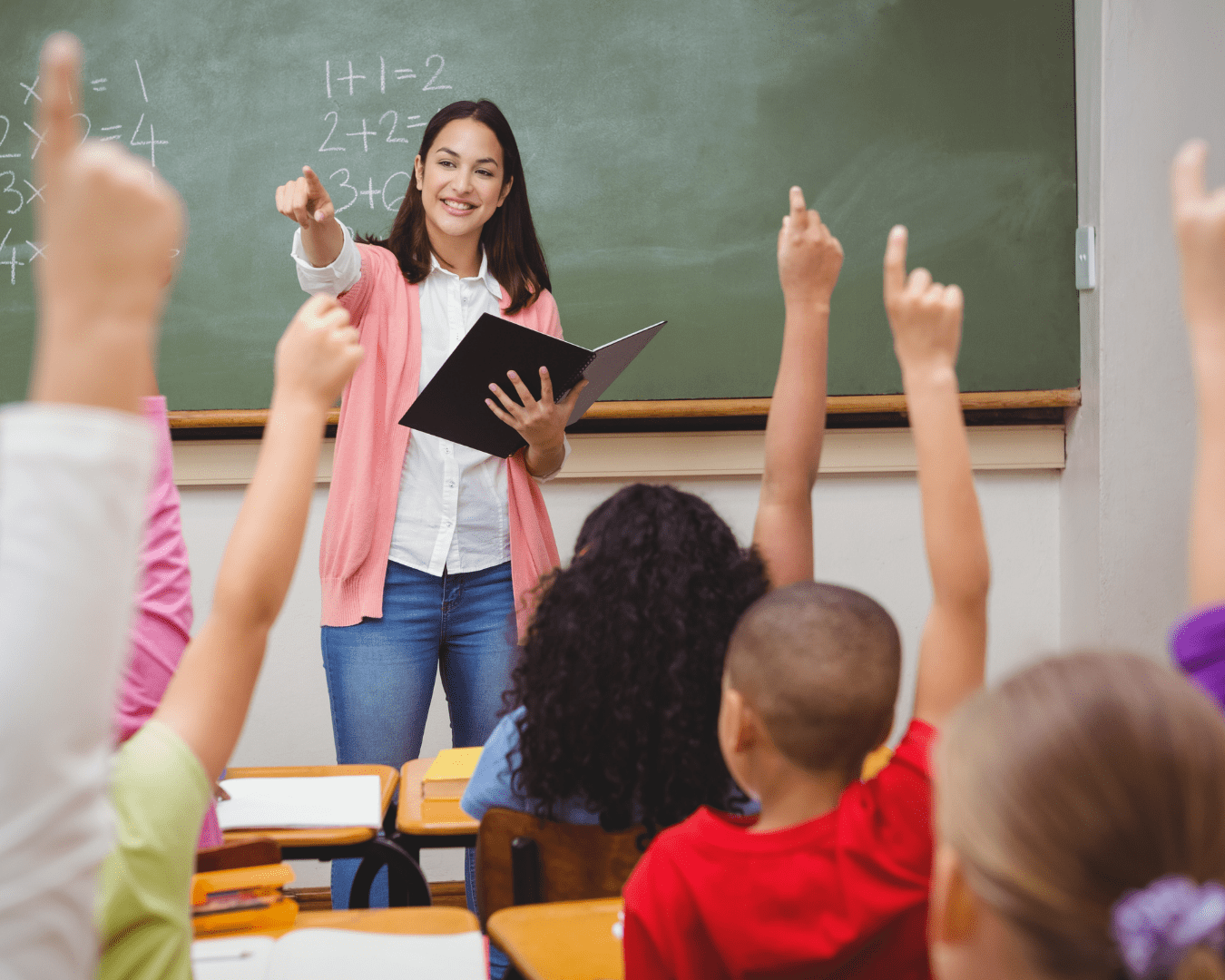Discover the Best Primary Science Tuition Singapore for Your Learning Journey
Wiki Article
Exploring the Various Mentor Approaches in Main Science Education And Learning Today
The landscape of primary science education and learning is progressing, with various training methods acquiring prominence in modern classrooms. Inquiry-based knowing, hands-on experiments, and the assimilation of technology are redefining how instructors involve young minds. Additionally, collaborative approaches and distinguished direction are being used to accommodate the diverse demands of students, boosting both engagement and understanding. As we examine these methodologies, questions develop regarding their effectiveness and the ramifications for future instructional methods. What might these shifts in technique mean for the following generation of learners?Inquiry-Based Learning
Inquiry-Based Learning (IBL) is a pedagogical method that urges pupils to check out clinical concepts via questioning, investigation, and hands-on experimentation. This method emphasizes the function of trainees as active individuals in their understanding, promoting important thinking and analytic skills. By involving with real-world inquiries, trainees come to be inspired and curious, which boosts their understanding of clinical principles.In IBL, educators function as facilitators, leading trainees as they browse their inquiries as opposed to delivering information straight. This student-centered technique enables distinction, suiting different discovering designs and rates. Students develop abilities in developing theories, developing experiments, and analyzing data, which are critical for scientific literacy.
In addition, IBL promotes partnership amongst students, motivating them to share concepts and findings. This cumulative query advertises social skills and a feeling of neighborhood within the classroom. Moreover, the process of questions urges strength, as trainees discover to welcome failure as a stepping stone towards understanding.
Hands-On Experiments
Hands-on experiments are an essential component of effective scientific research education and learning, matching the concepts of inquiry-based learning. These experiments allow pupils to involve directly with scientific principles, promoting a deeper understanding via experiential discovering. By manipulating materials and observing outcomes, young learners can comprehend abstract theories in substantial methods.Such activities advertise critical reasoning and analytical abilities, as trainees assume end results, conduct experiments, and analyze outcomes. This procedure motivates them to ask concerns, fine-tune their understanding, and develop a clinical state of mind. Hands-on experiments can be customized to varied knowing styles, ensuring that all trainees have the possibility to involve meaningfully with the web content.
Additionally, hands-on experiments typically urge partnership among peers, promoting teamwork and communication abilities. Functioning in groups enables students to share ideas, go over searchings for, and pick up from each other, which enhances their overall instructional experience.
Incorporating hands-on experiments right into the main scientific research curriculum not just improves the discovering setting however also cultivates a lifelong passion in science. By proactively taking part in their education, students are much more most likely to develop an interest for clinical query that expands past the classroom.
:max_bytes(150000):strip_icc()/GettyImages-595348697-5b356e9ac9e77c00372d12a8.jpg)
Innovation Combination
Incorporating modern technology into main scientific research education has become significantly necessary in fostering trainee interaction and boosting discovering end results. Using digital tools, such as interactive simulations, virtual laboratories, and educational software program, offers pupils with chances to explore clinical ideas in ingenious means. These sources help with a deeper understanding of complicated subjects by permitting learners to imagine and manipulate variables that would be not practical in a traditional classroom setup.In addition, innovation integration motivates personalized learning experiences. Trainees can proceed at their very own speed, reviewing challenging concepts via multimedia resources, which provide to various understanding styles. This flexibility not just sustains private development however also grows a sense of freedom in learners.
Additionally, technology works as a bridge to real-world science, connecting pupils with present research study and expert contributions. Access to clinical journals and on the internet databases widens students' viewpoints on clinical questions and promotes critical believing skills.
Collaborative Learning
Joint knowing plays a vital function in key science education and learning by promoting teamwork and communication abilities amongst trainees. This strategy urges learners to collaborate, share expertise, and take part in analytical, which improves their understanding of clinical principles. By getting involved in group tasks, students find out to express their ideas, listen to diverse viewpoints, and negotiate services, every one of which are vital skills in both academic and real-world contexts.
Research study indicates that collective learning can bring about boosted inspiration and engagement in scientific research topics, as trainees find pleasure in common experiences (primary science tuition Singapore). In addition, this strategy prepares trainees for future joint ventures, outfitting them with the skills essential for efficient synergy in college and professional atmospheres. Eventually, embracing collaborative discovering in main scientific research education can considerably enhance the knowing experience and promote a much deeper understanding of scientific query
Distinguished Guideline

Separated direction can show up in various ways, such as differing the content, processes, or items of discovering. As an example, educators might make use of tiered projects that give varying degrees of intricacy, permitting trainees to operate at their corresponding readiness levels. Furthermore, adaptable organizing techniques can promote collaboration among students with different capabilities, cultivating peer understanding.
Assessment plays a vital function in this technique, as it educates guideline and assists educators understand each student's special needs. Developmental evaluations, such as tests and observations, can assist educators in adjusting their methods to enhance finding out outcomes. primary science tuition Singapore. Ultimately, by executing distinguished guideline in key scientific research education, educators he has a good point can grow a much more equitable and effective knowing environment, empowering all students to reach their full capacity in understanding scientific sensations
Final Thought
In summary, the varied mentor approaches in main scientific research education and learning, consisting of inquiry-based discovering, hands-on experiments, innovation combination, joint understanding, and differentiated instruction, jointly add to a more reliable discovering environment. These methods advertise critical thinking, analytic skills, and a much deeper comprehension of clinical concepts. By applying these methods, educators can create interesting and check these guys out helpful class that deal with the different requirements of pupils, ultimately cultivating a long-lasting interest in science and boosting scholastic accomplishment.Inquiry-Based Learning (IBL) is an instructional strategy that urges pupils to check out scientific principles via questioning, investigation, and hands-on experimentation.Joint knowing plays an essential role in key science education by cultivating synergy and communication skills amongst pupils.Research indicates that joint understanding can lead to increased inspiration and engagement in scientific research topics, as pupils locate enjoyment in shared experiences.In promoting a comprehensive discovering atmosphere, separated guideline emerges as a key technique to accommodate the varied have a peek at this website needs and capacities of pupils in primary scientific research education. Inevitably, by applying distinguished direction in key scientific research education, instructors can cultivate a more fair and reliable learning atmosphere, encouraging all trainees to reach their full possibility in understanding scientific phenomena.
Report this wiki page